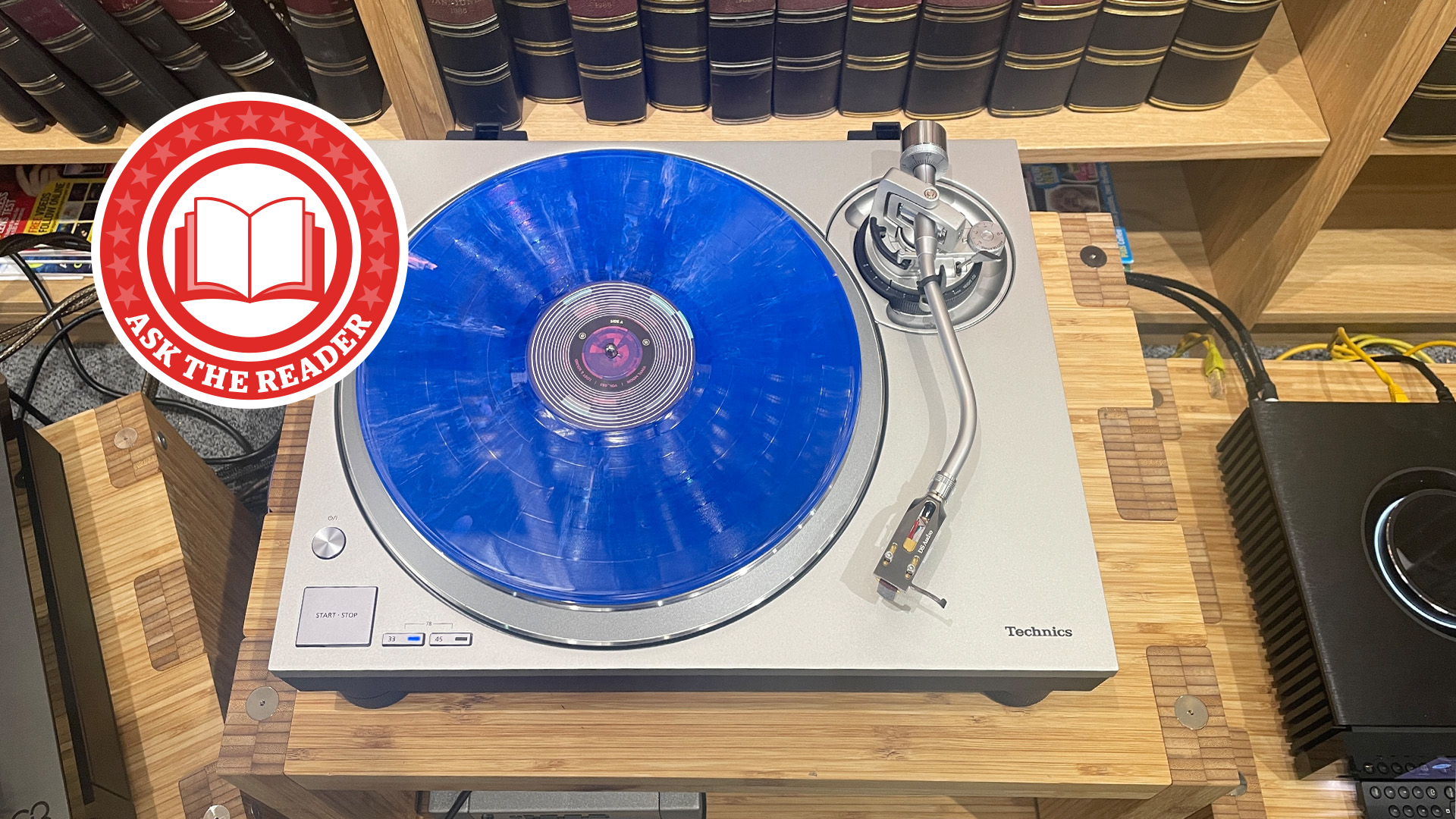The one big feature missing from the AirPods Pro 2: hi-res audio playback
Apple keeps ignoring hi-res audio, and I'm disappointed
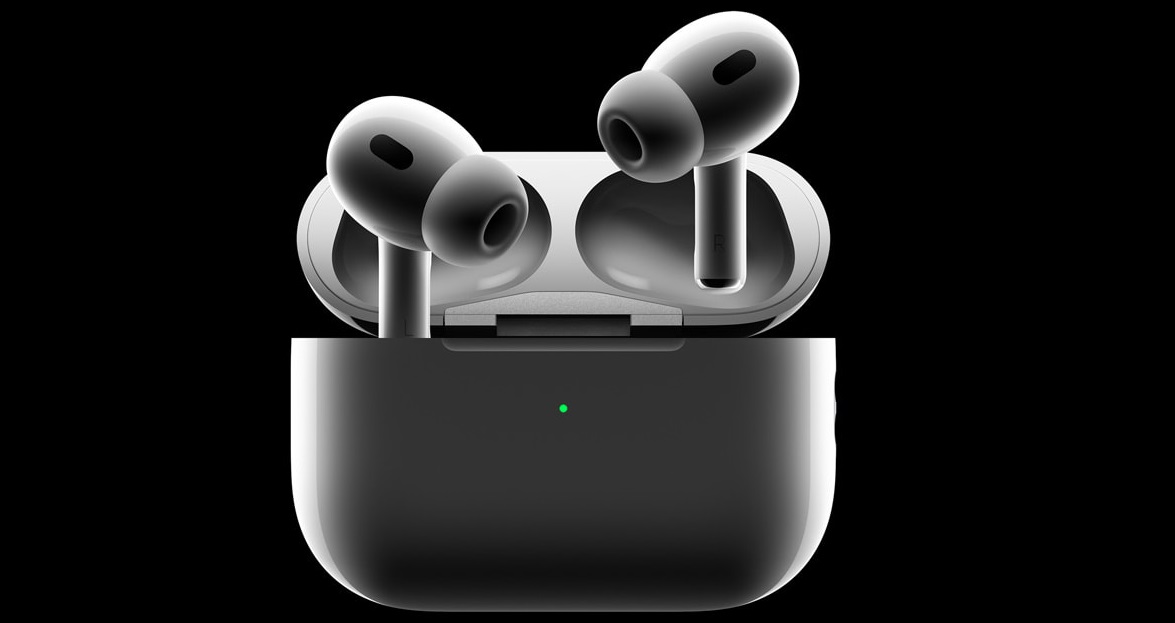
Apple's 2nd generation of AirPods Pro wireless earbuds are here. The AirPods Pro 2 are the "most advanced AirPods yet" and feature plenty of enhancements throughout that will make them just as appealing as the original AirPods Pro.
Now that the post-launch dust has settled, though, I can't help but feel a little deflated. Another year, another pair of AirPods, and yet there's still no way I can listen to the lossless tracks in my Apple Music library.
While Apple has made numerous improvements across the AirPods Pro's design, it's very much evolution than innovation. There's no mention of hi-res audio, or even the hint of a new wireless technology that will allow lossless playback on AirPods from Apple Music.
Sure, the AirPods Pro 2's powerful new H2 chip will give us better connectivity, faster pairing and connection to all iOS devices, and twice as effective ANC. We're also getting longer battery life, an extra-small ear tip for better seal and sound, and we even - finally - get volume controls in the stems.
Like all Apple products, these incremental updates always add up together to deliver a smoother, slicker user experience that just feels and works better than the older model. On paper, the new model should outperform the older one easily.
- You can now read our official review of the new Apple AirPods Pro 2
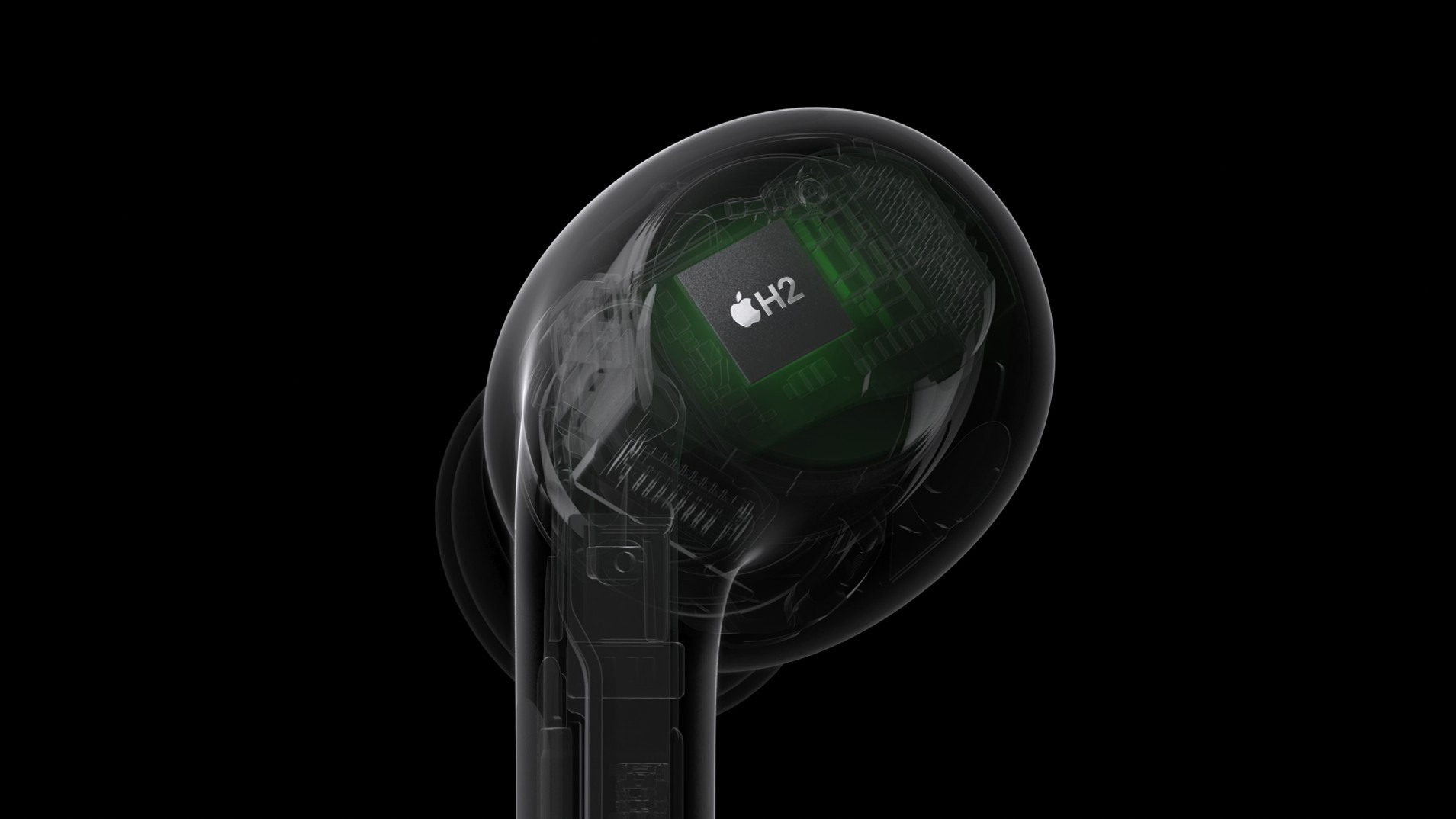
But considering the AirPods Pro's primary use is to listen to music, shouldn't Apple be making more advancements in sound quality to give us the very best available in the world – especially considering the rise of hi-res music available across streaming services?
True, the AirPods Pro 2 promise better audio quality than its predecessor, featuring a new low distortion driver and a custom amplifier to power it. Apple claims this delivers "even more detail and clarity across a wider range of frequencies".
The latest hi-fi, home cinema and tech news, reviews, buying advice and deals, direct to your inbox.
I'm sure it will – but again this is another incremental increase rather than a real attempt to deliver something entirely new and innovative. It once again ignores hi-res, lossless audio, and for someone who really cares about the sound performance of her audio kit, be it my home hi-fi system or the headphones I listen to on my daily commute, it's a rather big disappointment.
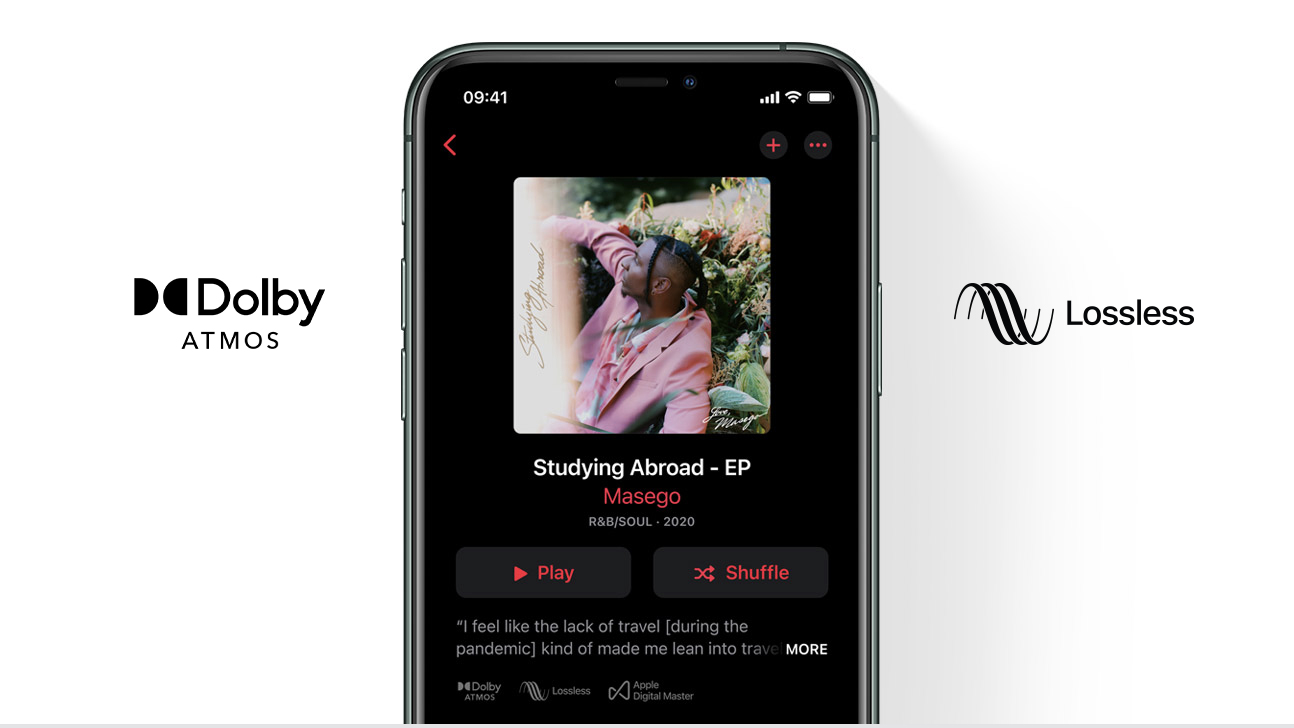
The company's own Apple Music streaming service has been offering its considerable 75 million catalogue in lossless audio quality since June 2021. That means if you're an Apple Music subscriber like myself, a huge chunk of what you're listening to is available in CD-quality (16-bit/44.1kHz) to 24-bit hi-res quality (in varying sample rates from 48kHz to 192kHz).
But there's no way to listen to that lovely lossless quality if you're using Apple's own products – which is a huge omission for a normally oh-so-slick ecosystem.
We've had two new AirPods launched since then – AirPods Pro and AirPods 3 – and not one of them have the requisite technology or codec capable of playing lossless tracks from Apple Music wirelessly over Bluetooth.
The AirPods Pro 2's official tech specs confirm it has the new Bluetooth 5.3 version, but that doesn't necessarily point to better sound quality.
We go into further details in our in-depth feature about Apple Music's lossless streaming format and how AirPods still don't support lossless playback.
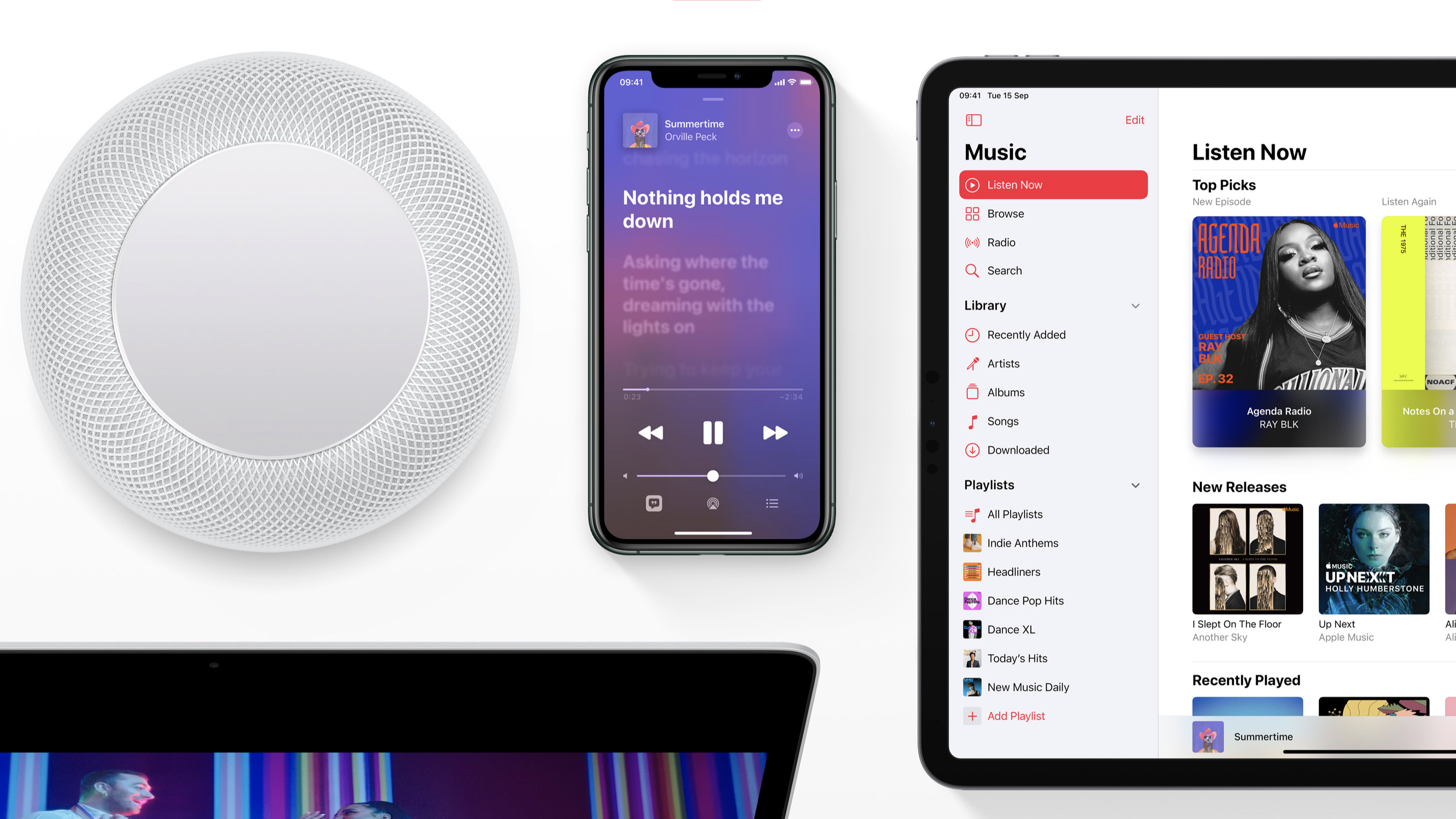
You could argue that Apple doesn't need to bother with hi-res audio or chase bit rate numbers as their products sound really good. The premium AirPods Max are stunning five-star on-ear headphones that sound better than anything else at their level – but they're a good deal more expensive than its smaller, more affordable AirPods.
We've found that AirPods deliver consistently good – if not class-leading sound – over the years. But surely Apple should be aiming for best? Surely they should be chasing the sonic heights of the superb-sounding five-star Sony WF-1000XM4, not just being happy it's gone one step better than its own previous four-star model?
Rivals like the Sony XM4 earbuds pack in their own LDAC codec that supports 24-bit tracks and offers decent data rates to transmit the amount of hi-res audio information you're getting over Bluetooth (it will never be truly lossless like a wired connection). Even the new Samsung Galaxy Buds 2 Pro, while not the best-sounding earbuds by a mile, has developed its own Samsung Seamless Codec (SSC) HiFi to be able to do deliver end-to-end 24-bit audio.
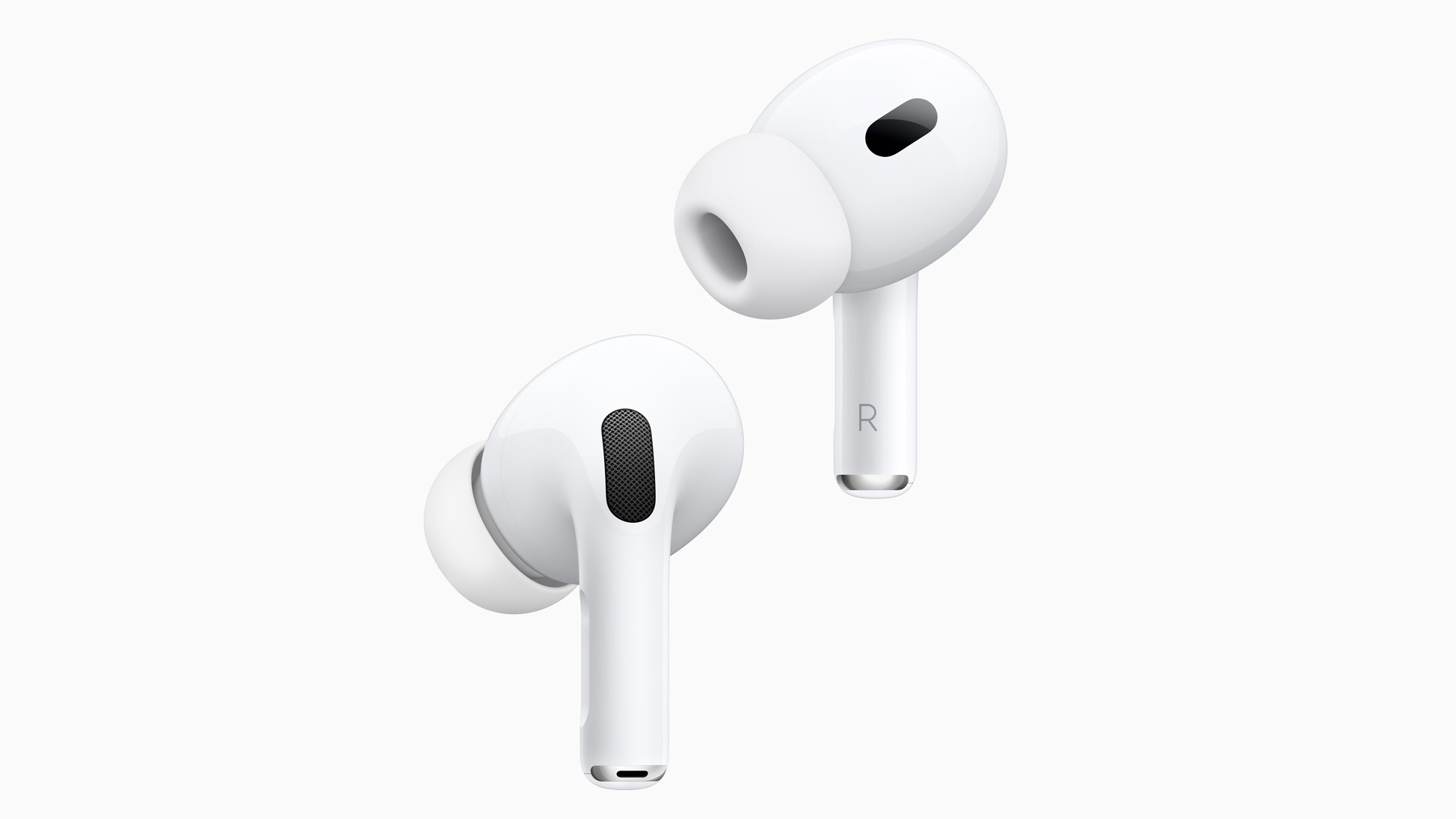
Apple - and even I - would argue that getting it right takes time. Whether it's a new codec that properly decodes 24-bit audio at more favourable data rates, support for Apple Music's own ALAC lossless compression format (which is superior to the standard AAC codec you get on iPhones and AirPods) or a whole new innovation – if Apple is working on it, I hope that at least it's taking its sweet time to make sure it works and sounds better than anything else out there.
Maybe the usual September iPhone launch isn't the best place to focus on advancements in pure audio quality. If hi-res is on the cards for Apple, that's likely to coincide with the next-gen AirPods Max 2, a new HomePod 2 or even the launch of Apple's rumoured classical music service.
Until then, though, I'll still be finding other ways to get to the heart of Apple Music's lossless library, trying to eke out better sound quality than Apple can give me. Apple's AirPods Pro 2 might end up sounding pretty good, but I'm holding out for something much, much better.
MORE:
Read our full review of the new Apple AirPods Pro 2
Read our original Apple AirPods Pro review
And our five-star Apple Music review
I'm already over the iPhone 14 - here are 5 Apple products I want to see next
Our pick of the best wireless earbuds around

Kashfia is the Hi-Fi and Audio Editor of What Hi-Fi? and first joined the brand 13 years ago. During her time in the consumer tech industry, she has reviewed hundreds of products (including speakers, amplifiers, turntables and headphones), been to countless trade shows across the world and fallen in love with hi-fi kit much bigger than her. In her spare time, Kash can be found tending to an ever-growing houseplant collection and shooing her cat away from spinning records.
